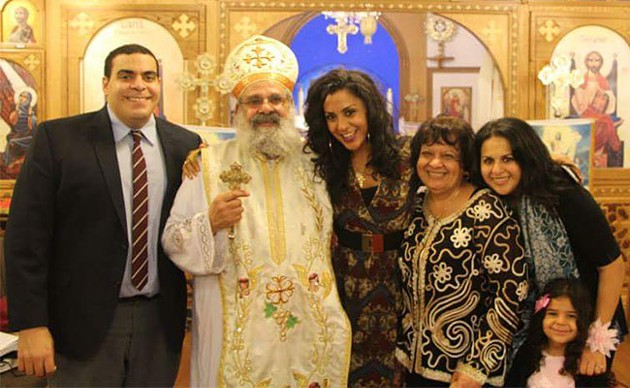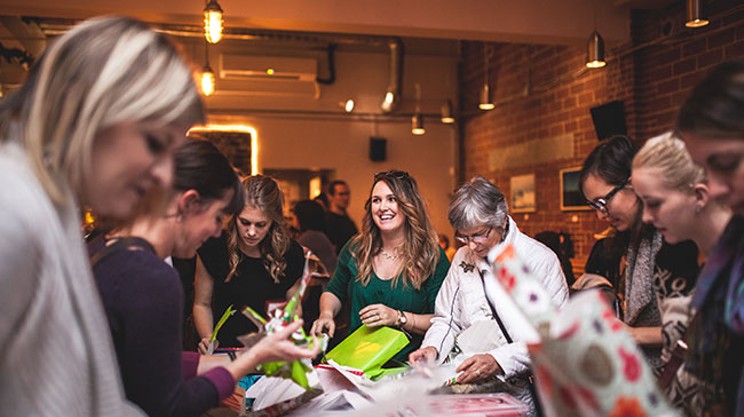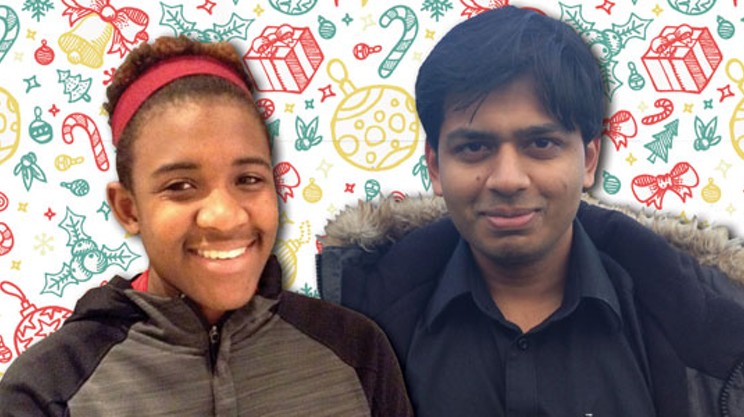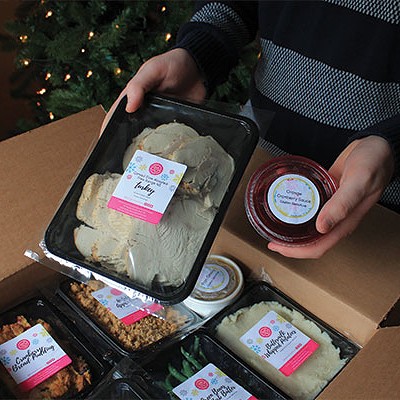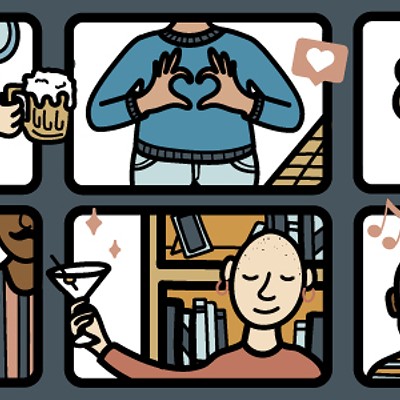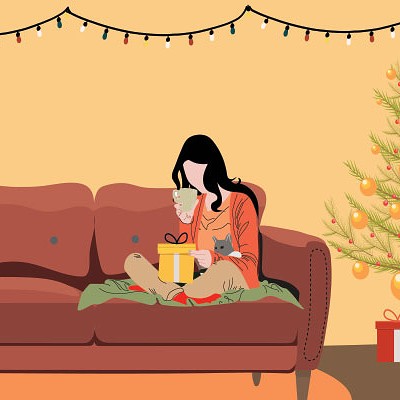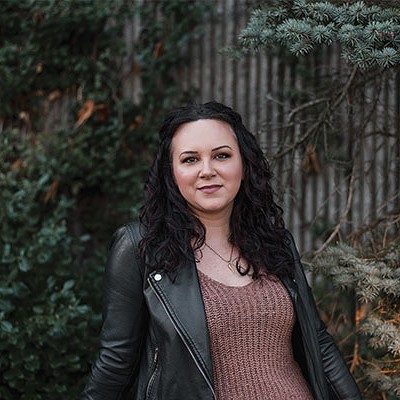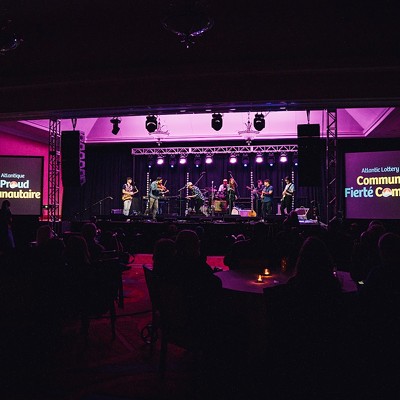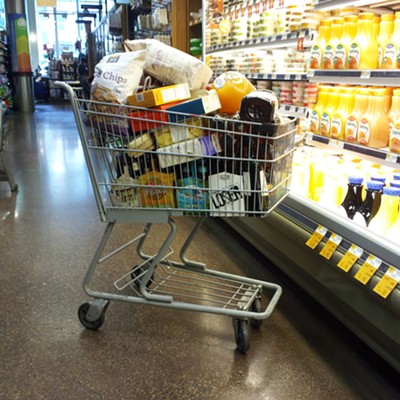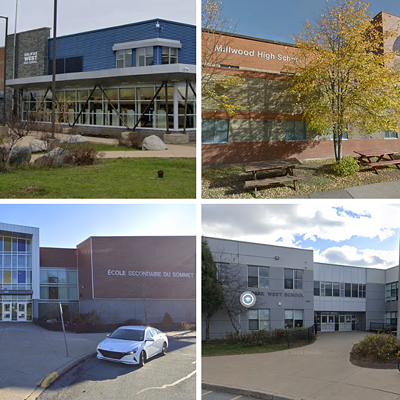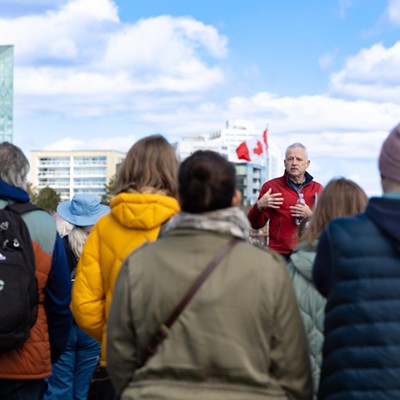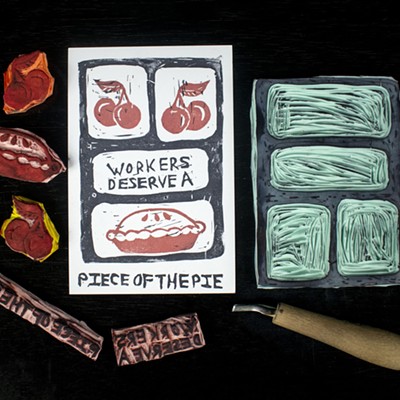Christmas celebrations and the Christian faith are not exclusive to the western world. Practicing Christians in the Middle East, Africa and India have traditions that don't centre on egg nog, Santa and shopping. These non-western traditions are widely celebrated, even here in Halifax, yet are rarely considered in the mainstream narrative.
She celebrates Christmas on January 7, but the traditions begin a month before when Coptic Christians begin a vegan diet for 40 to 43 days. Rizg says gospels occur every Sunday of those days to spiritually prepare for the birth of Christ. On January 6, Rizg and the Coptic Church community will fast before coming to church. Dressed in their best, they listen to a liturgy that ends at midnight before breaking their fast together with dishes brought by each family.
Rizg remembers one Christmas where her parents asked members of the church to not buy gifts for Rizg and her siblings.
"They wanted to teach us what Christmas is about," she says. "We do things for other people on Christmas. It's not about receiving, it's about giving." Although Rizg's dad loves putting up Christmas decorations, they don't accept the commercialization of Christmas.
"During Christmas, I'll only go to the mall out of necessity because I have trouble being around it," she says. "It has taken a sacred religious holiday and it's just marketing."
Twenty-two-year-old student, Kalkidan Gebre, moved to Halifax from Ethiopia—home to the largest Orthodox Christian population outside of Europe—with her family in 2003. Like Rizg, Gebre's family values their faith and celebrates Christmas on January 7, but at the St. Mary Ethiopian Orthodox Tewahedo Church.
For Gebre's family, celebrating Christmas helps them connect to their culture. Lots of Ethiopian Christians will visit their home on Christmas Day as they feast on a big tray of meat-centred foods and sip on alcoholic beverages after being vegan for more than a month.
"We call our [Ethiopian] community here our family. It
Liane Khoury is a Jordanian-Canadian planning to visit her family in Jordan for Christmas. She says her family is not religious and her celebrations are centred around a big gathering of around 40 people. Khoury joins her mom in the kitchen Christmas morning to prepare a big meal with some traditional Arabic food like
"All my Muslim friends celebrate Christmas with us. It's
Twenty-two-year-old Rana George is a Catholic Christian-Iraqi. George says after moving to Halifax from war-torn Iraq she found it isolating, with only one other Christian-Iraqi family to celebrate with. Despite this, she's grateful for the religious freedom that exists in Canada.
"Because of the war, we would hide the Christmas tree so no one could know we were Christian," says George. "We could get killed."
Rizg says most take their religious freedom here for granted. Members of the Coptic Church are targeted almost yearly by extremists in Egypt. In late May, Rizg was visiting Egypt when a bus full of Coptic children visiting a monastery was bombed.
"It's isolating for Coptics in Halifax to mourn something people don't know about here," says Rizg.
Khoury, Rizg, Gebre and George have all been victims of some kind of ignorance towards their Christmas celebrations. Gebre found it exhausting as a child to explain why she would skip school on the sixth and seventh of January for Christmas. Rizq was mistaken as Muslim for speaking Arabic and Khoury says she is constantly mistaken for being Muslim as well.
Khoury usually responds to them with a fact: "My last name means priest in Arabic."

